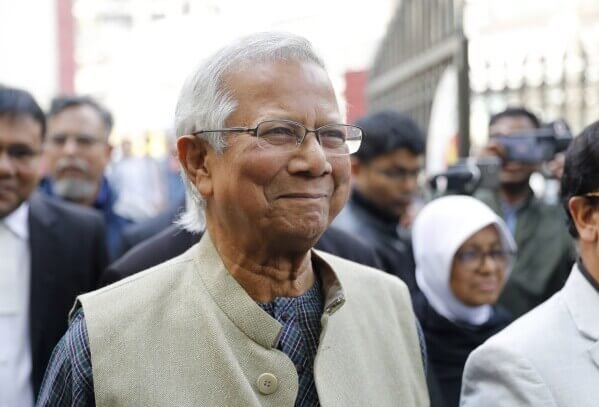Bangladesh is on the brink of a new era after Prime Minister Sheikh Hasina’s resignation and departure from the country. Student protesters, who led the charge against Hasina’s government, are now calling for Nobel laureate Muhammad Yunus to head an interim government.
Yunus, known for pioneering microlending and empowering millions of poor people, has agreed to take the role. Protest leader Nahid Islam announced that Yunus would lead the new government, saying, “We want to see the process rolling by morning.”
The move comes after President Mohammed Shahabuddin dissolved parliament, paving the way for fresh elections. The student movement, which began as a protest against job quotas, morphed into a national uprising against Hasina’s rule.
Muhammad Yunus, 84, faces a daunting task. He must navigate the complex political landscape and address the economic distress that fueled the protests. His experience as a social entrepreneur and Peace Prize winner makes him an attractive choice to lead the country forward.
Meanwhile, Hasina, 76, has fled to India, where she met with National Security Adviser Ajit Doval. Her departure marks the end of her 15-year rule, marred by allegations of corruption and election rigging.
As Bangladesh embarks on this new journey, the international community is watching closely. India, which shares a long border with Bangladesh, has expressed concern about the situation and is monitoring developments closely.
The road ahead won’t be easy, but with Muhammad Yunus at the helm, Bangladesh may finally have a chance to build a more inclusive and equitable society. The student protesters, who risked everything to bring about change, will be watching to ensure that their demands are met. One thing is clear – Bangladesh will never be the same again.









